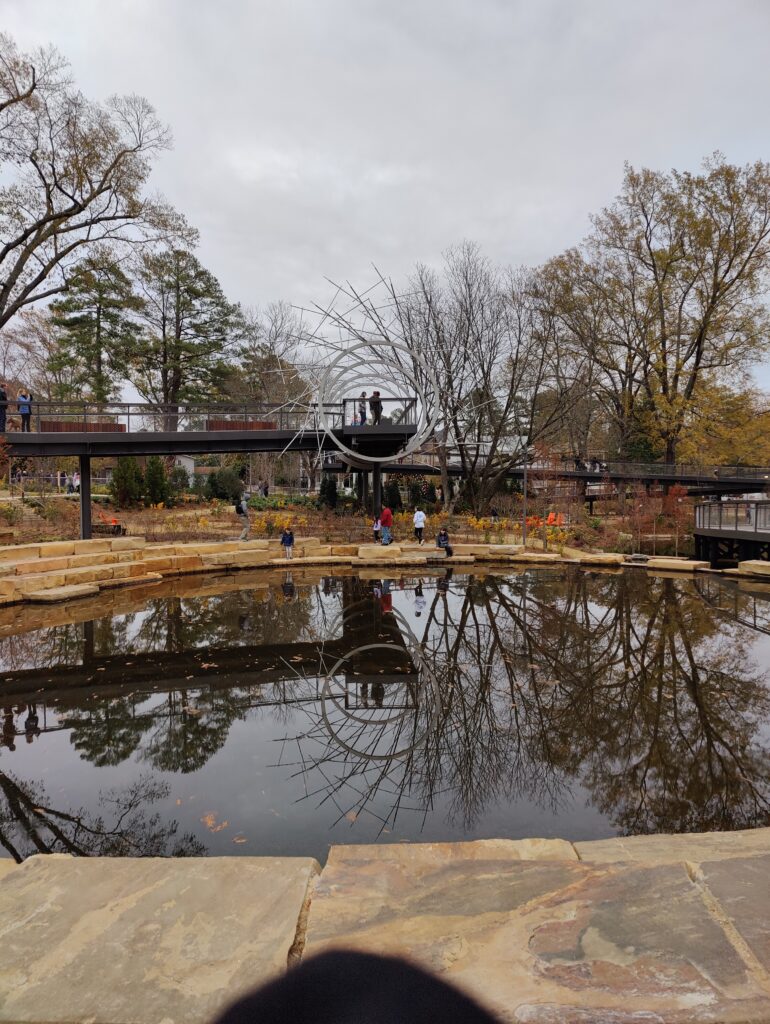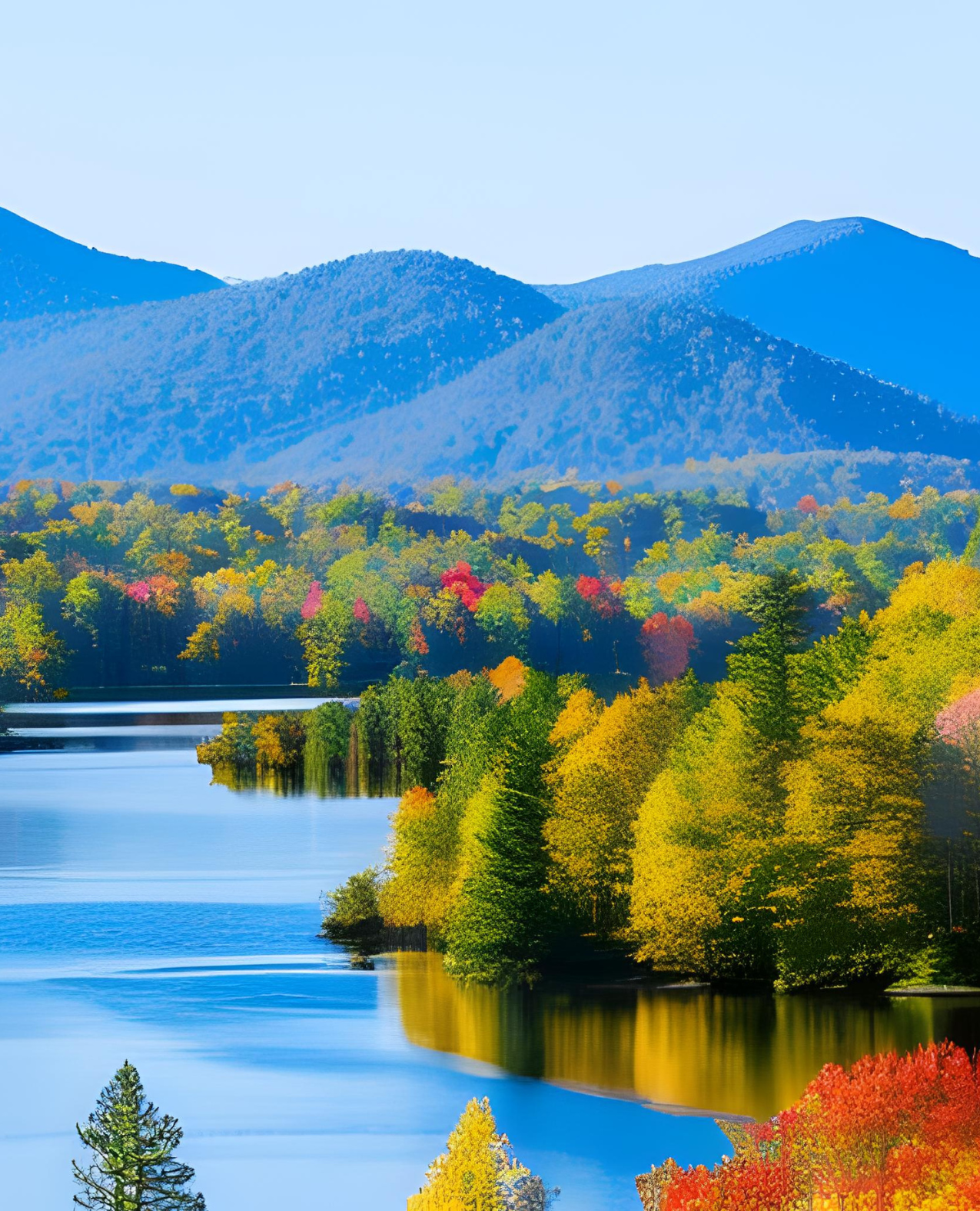1. What is the North Carolina Triangle, and where is it located? The North Carolina Triangle, commonly referred to as “The Triangle,” is an area in the Piedmont region of North Carolina, United States. It comprises three major cities: Raleigh, Durham, and Chapel Hill. This dynamic region is known for its diverse job market, excellent educational institutions, and a high quality of life.
2. What are the major cities in the Triangle, and what distinguishes them from each other? The Triangle consists of three main cities:
- Raleigh: The state capital, known for its vibrant tech industry, government services, and cultural offerings.
- Durham: A hub for research and innovation, home to Duke University and a flourishing healthcare and biotechnology sector.
- Chapel Hill: Home to the University of North Carolina at Chapel Hill and renowned for its academic and cultural amenities.
3. What are the main reasons to consider relocating to the North Carolina Triangle? The Triangle offers a compelling mix of advantages, including a strong job market, world-class universities, a thriving arts and cultural scene, diverse culinary experiences, and a mild climate. Additionally, the cost of living is generally more affordable compared to other major metropolitan areas.
4. How is the job market in the Triangle? The Triangle boasts a robust job market, especially in technology, healthcare, research, and education sectors. Companies like IBM, Cisco, GlaxoSmithKline, and Red Hat have a significant presence in the area. Additionally, the Research Triangle Park (RTP) serves as a major center for research and development, attracting numerous high-tech companies. For a full list of companies you can check our Tech or Healthcare lists.
5. What are the top-rated schools and universities in the Triangle? The Triangle is renowned for its esteemed educational institutions, including Duke University, the University of North Carolina at Chapel Hill (UNC), and North Carolina State University (NCSU). Additionally, the region has an excellent public school system, with several top-rated schools at all levels.
6. How is the cost of living in the Triangle? While the cost of living varies depending on the specific area within the Triangle, it is generally more affordable than many other metropolitan areas in the United States. Housing costs, in particular, are relatively reasonable, offering a wide range of options for different budgets.
7. What are the outdoor recreational opportunities in the Triangle? The Triangle area provides ample opportunities for outdoor enthusiasts. There are numerous parks, greenways, and nature preserves for hiking, biking, and picnicking. The nearby Blue Ridge Mountains and the North Carolina coast are within a few hours’ drive, offering additional recreational possibilities. For a list of lakes to check out click here.
Are you looking to move to the Triangle Area?
8. How is the healthcare system in the Triangle? The Triangle is known for its excellent healthcare facilities. The presence of major medical centers, such as Duke University Hospital and UNC Medical Center, ensures access to top-notch healthcare services and specialized treatments.
9. What are the transportation options in the Triangle? The Triangle has a well-developed transportation network. In addition to major highways connecting the cities, there are public transit systems in Raleigh (GoRaleigh), Durham (GoDurham), and Chapel Hill (Chapel Hill Transit). Raleigh-Durham International Airport (RDU) serves as the major airport for the region.
10. How is the weather in the Triangle? One of the reasons we moved to Raleigh is because we get to enjoy all four seasons. We have a comfy spring; we enjoy the changing colors of the fall season; a very mild winter (we always say that every year we get anywhere from 10 minutes to two days of snow, and it usually disappears within a couple of hours to a day); and yes, while we do have a hot and hummus summer, you will usually get to experience it from mid-late June until September.

11. How do I go about finding housing in the Triangle? There are various options for finding housing in the Triangle, including real estate websites, rental agencies, and local newspapers. Many neighborhoods cater to different preferences, from urban living in downtown areas to suburban communities with family-friendly amenities.
12. What are some cultural and recreational activities in the Triangle? The Triangle has a thriving arts and cultural scene. You can explore museums, galleries, theaters, and music venues. Additionally, there are numerous festivals and events throughout the year, celebrating everything from food and music to science and technology.
13. Is the Triangle a diverse and inclusive community? Yes, the Triangle is known for its diverse and welcoming community. With its vibrant educational institutions, research centers, and job opportunities, people from various backgrounds and cultures call this region home.
14. What should I consider before relocating to the Triangle? Before relocating, consider factors such as job prospects, housing options, schools if you have children, healthcare accessibility, and the overall lifestyle the Triangle offers. It’s also a good idea to visit the area beforehand to get a feel for the different neighborhoods and communities.
15. How can I make new friends and social connections in the Triangle? Joining clubs, organizations, or sports leagues that align with your interests is a great way to meet like-minded people. Attending community events, volunteering, and engaging in local activities can also help you build a social network and feel more connected to the area.
Remember to research extensively and consult with local resources, real estate agents, and others who have relocated to the Triangle for personalized advice on your move.

